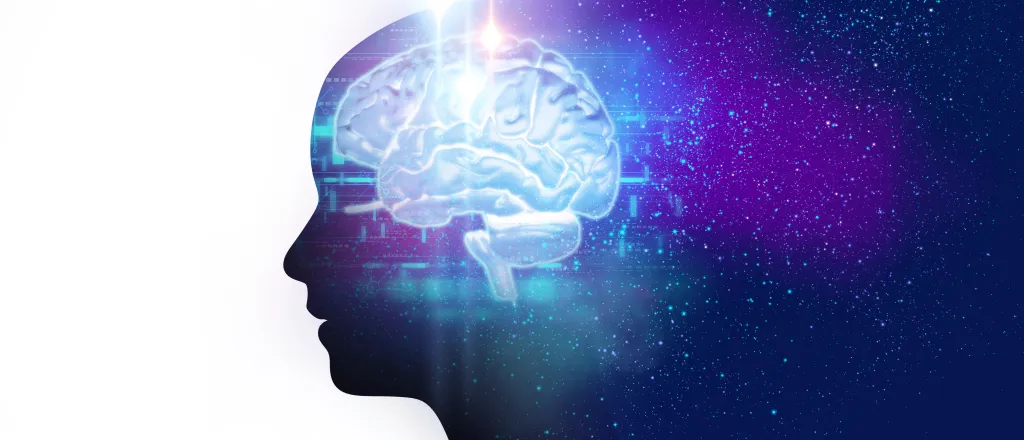
Iowa clinicians herald new Alzheimer’s treatments
(Iowa News Service) As part of Alzheimer's and Brain Awareness Month, mental-health advocates in Iowa are sharing information about Alzheimer's and say two new drugs show promise in treating it.
It is important to point out that while treatments are improving, there is no cure for Alzheimer's.
As the population of older Americans continues to grow, the number with Alzheimer's or other forms of dementia is on the rise. By 2050, the number of seniors 65 and older with Alzheimer's is projected to double to nearly 13 million.
Lauren Livingston, communications director for the Alzheimer's Association Iowa Chapter, said state numbers reflect the national trend.
"In Iowa, there are 66,000 people or more affected by the disease, and there's almost 100,000 caregivers across the state," said Livingston. "So, it affects so, so many people."
Livingston said higher wages for dementia-centered healthcare workers are a primary focus, but adds scientists are excited about two new drugs - Aduhelm and Leqembi - showing promising results in clinical trials.
They work by targeting beta-amyloid, a plaque-forming protein that disrupts the function of brain cells. Right now, those drugs are only being administered at treatment centers while research continues.
The Urbandale Public Library hosts an early-stage dementia workshop today at noon.
Livingston said people experiencing the early stages of Alzheimer's or other forms of dementia may start to notice they are not remembering things that used to be second nature - things they have done routinely, their entire lives.
"Forgetting how to use the microwave, or forgetting how to get home from the grocery store," said Livingston, "not being able to retrace their steps. Those are some really common signs. "
People suffering from Alzheimer's are the first to notice their symptoms, Livingston said, even before other family members - and often react by becoming socially withdrawn for fear of showing an embarrassing memory lapse in public.

















